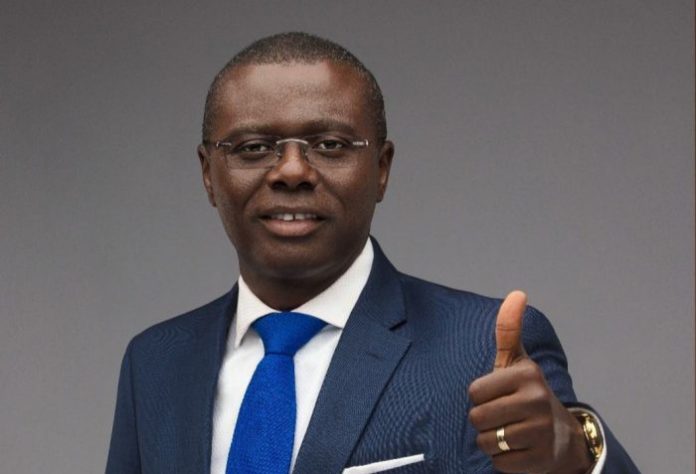Lagos State Governor Babajide Sanwo-Olu has dismissed claims that Lagos would be the primary beneficiary of Nigeria’s proposed tax reform bills. Speaking on Wednesday during the Africa Investment Forum Market Days 2024 in Morocco, the governor urged Nigerians to take time to understand the reforms fully before forming conclusions.
On December 2, Borno State Governor Babagana Zulum asserted that the proposed value-added tax (VAT) sharing model under the tax reforms would disproportionately favor Lagos and Rivers States. Countering this narrative, Sanwo-Olu said the statement was untrue, adding that the reforms require everyone to work harder to realize their benefits.
“I have seen comments around, such as Lagos being the major beneficiary. It is not true. Lagos is actually going to be shaped-off in some places. However, on a broader scale, the reforms will benefit all stakeholders and lead to better governance,” he said.
Sanwo-Olu emphasized that the reforms are designed to encourage discipline and hard work among all states. “This is not an easy kill. You need to work harder to get the full benefit of the reform,” he added.
The governor pointed to Nigeria’s low tax-to-GDP ratio—one of the lowest globally—as a critical reason for the reforms. He expressed confidence that the tax bills would unlock significant opportunities for both states and non-governmental actors. “Tax-to-GDP ratio in Nigeria is one of the lowest in the world. These reforms are not intended to hurt anyone but to foster a fair and inclusive system for all,” he said.
While acknowledging that Lagos might incur some losses under the new model, Sanwo-Olu noted that the state would gain opportunities to play a more significant role in national development.
He attributed resistance to the reforms to misunderstandings and said he has personally engaged with stakeholders to clarify their concerns. He also urged the Presidential Tax Reform Committee, led by Taiwo Oyedele, to intensify public education efforts.
“Some of the resistance stems from misconceptions, but public engagement is a positive step forward. I encourage everyone to read the provisions carefully and understand the intent behind the reforms,” he said.
President Bola Tinubu, on October 3, asked the National Assembly to pass four tax reform bills: the Nigeria Tax Bill, the Nigeria Tax Administration Bill, the Nigeria Revenue Service Establishment Bill, and the Joint Revenue Board Establishment Bill. The Northern States Governors Forum (NSGF) has opposed the bills, arguing they would negatively impact their region.
Sanwo-Olu reassured Nigerians that the reforms aim to create a more balanced and equitable system. “The intention is not to hurt anybody. It’s for all of us, and we should approach it with optimism,” he said.

